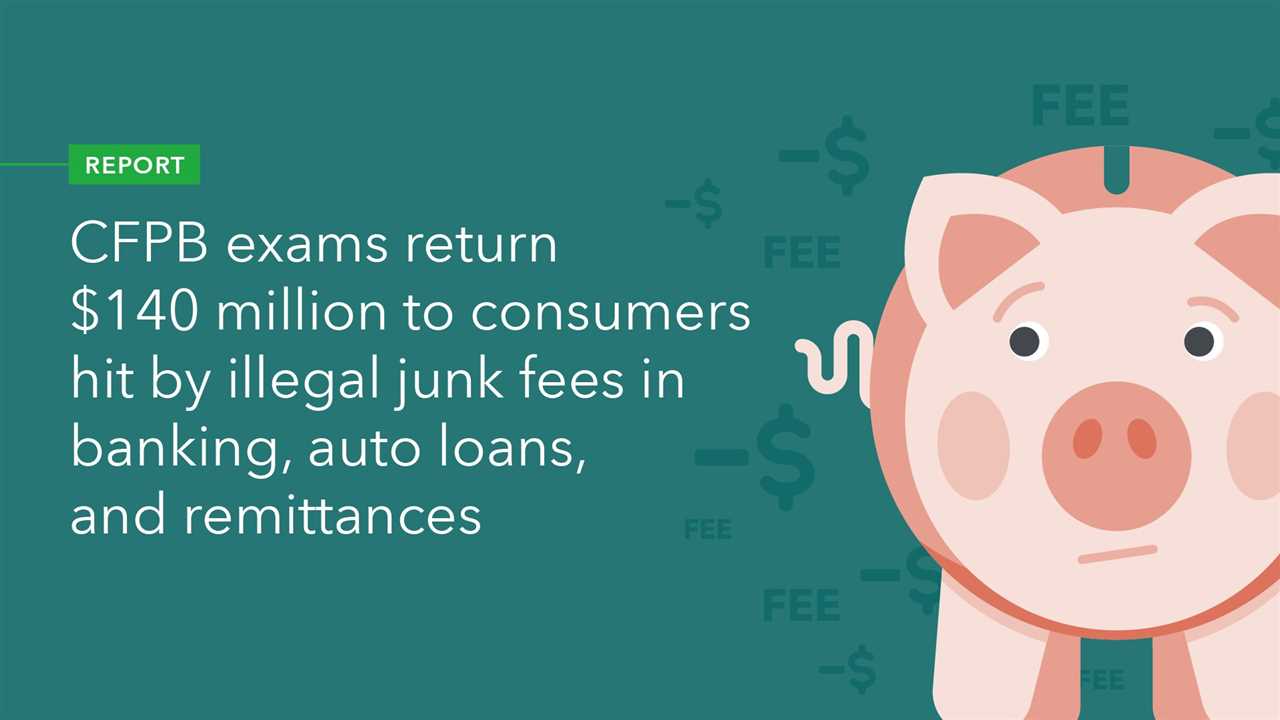What is a Junk Fee?

A junk fee is a term used in the mortgage industry to describe various fees that are charged to borrowers during the loan origination process. These fees are often considered unnecessary or excessive and can significantly increase the overall cost of obtaining a mortgage.
Unlike legitimate fees that are necessary for processing a mortgage application, junk fees are typically added by lenders as a way to generate additional revenue. They may include charges for services that are already covered by other fees, or fees that are not clearly disclosed to the borrower.
Junk fees can take many forms, including application fees, processing fees, underwriting fees, and document preparation fees. These fees can vary widely from lender to lender, and borrowers may not be aware of them until they receive their loan estimate or closing disclosure.
Examples of Junk Fees
Here are some examples of common junk fees that borrowers may encounter:
| Fee | Description |
|---|---|
| Application Fee | A fee charged to cover the cost of processing the loan application. |
| Processing Fee | A fee charged for processing the loan paperwork. |
| Underwriting Fee | A fee charged for evaluating the borrower’s creditworthiness and determining the loan terms. |
| Document Preparation Fee | A fee charged for preparing the necessary loan documents. |
These fees can add up quickly and significantly increase the cost of obtaining a mortgage. It is important for borrowers to carefully review their loan estimate and closing disclosure to identify any potential junk fees and negotiate with the lender to have them removed or reduced.
Reforms have been proposed to address the issue of junk fees in the mortgage industry. These reforms aim to increase transparency and ensure that borrowers are fully aware of all fees associated with their mortgage. It is important for borrowers to be proactive and informed when navigating the mortgage process to avoid falling victim to unnecessary junk fees.
The Mechanics of Junk Fees
There are various types of junk fees that borrowers may come across. Some common examples include application fees, processing fees, underwriting fees, and document preparation fees. These fees can add up quickly and significantly increase the overall cost of obtaining a mortgage.
One of the reasons why junk fees exist is because they can be a source of additional income for lenders or mortgage brokers. These fees are often unnecessary and do not reflect the actual cost of providing the service. Instead, they are designed to generate extra revenue for the lender or broker.
Another aspect of the mechanics of junk fees is that they are often non-negotiable. Borrowers may not have the option to waive or reduce these fees, even if they believe them to be excessive or unjustified. This lack of transparency and flexibility can be frustrating for borrowers who are already navigating the complex mortgage process.
To protect borrowers from these unfair practices, there have been calls for reforms in the mortgage industry. One proposed reform is to require lenders and brokers to provide a clear and itemized list of fees upfront, so that borrowers can fully understand the costs involved. This would increase transparency and allow borrowers to make more informed decisions.
Additionally, there have been efforts to regulate the amount that lenders and brokers can charge for certain services. By setting limits on fees, borrowers would be protected from excessive charges and would have a better chance of obtaining a mortgage without being burdened by unnecessary costs.
Reforms to Address Junk Fees
Junk fees have long been a source of frustration for borrowers in the mortgage industry. These hidden charges can significantly increase the cost of obtaining a mortgage and leave borrowers feeling deceived. In recent years, there have been efforts to address this issue and implement reforms to protect consumers.
One of the key reforms to address junk fees is increased transparency. Lenders are now required to provide borrowers with a Loan Estimate, which clearly outlines the fees associated with obtaining a mortgage. This allows borrowers to compare offers from different lenders and make informed decisions.
Additionally, the Dodd-Frank Wall Street Reform and Consumer Protection Act has played a significant role in addressing junk fees. This legislation established the Consumer Financial Protection Bureau (CFPB), which is responsible for enforcing consumer protection laws in the financial industry. The CFPB has taken steps to crack down on unfair and deceptive practices, including junk fees.
Furthermore, there have been calls for increased regulation and oversight of the mortgage industry. This would help ensure that lenders are not taking advantage of borrowers by charging excessive or unnecessary fees. By holding lenders accountable, borrowers would have more confidence in the mortgage process and be less likely to fall victim to junk fees.

Emily Bibb simplifies finance through bestselling books and articles, bridging complex concepts for everyday understanding. Engaging audiences via social media, she shares insights for financial success. Active in seminars and philanthropy, Bibb aims to create a more financially informed society, driven by her passion for empowering others.
